The Impact of Managerial Changes on Transfer Strategies
24 January 2025
Football, as we all know, is a game of constant evolution. But while the action on the pitch grabs most of the headlines, what happens off the field can be just as pivotal. One of the most significant off-pitch factors that can reshape a club’s fortunes—sometimes for better, sometimes for worse—is a change in management. The arrival or departure of a manager isn’t just about tactics or team morale; it can also deeply influence a club's transfer strategy.
So, how exactly do managerial changes impact transfer strategies? Why does a new gaffer sometimes mean a complete overhaul of the squad? Let’s take a deep dive into how the chessboard of football transfers gets flipped whenever a new manager steps into the picture.
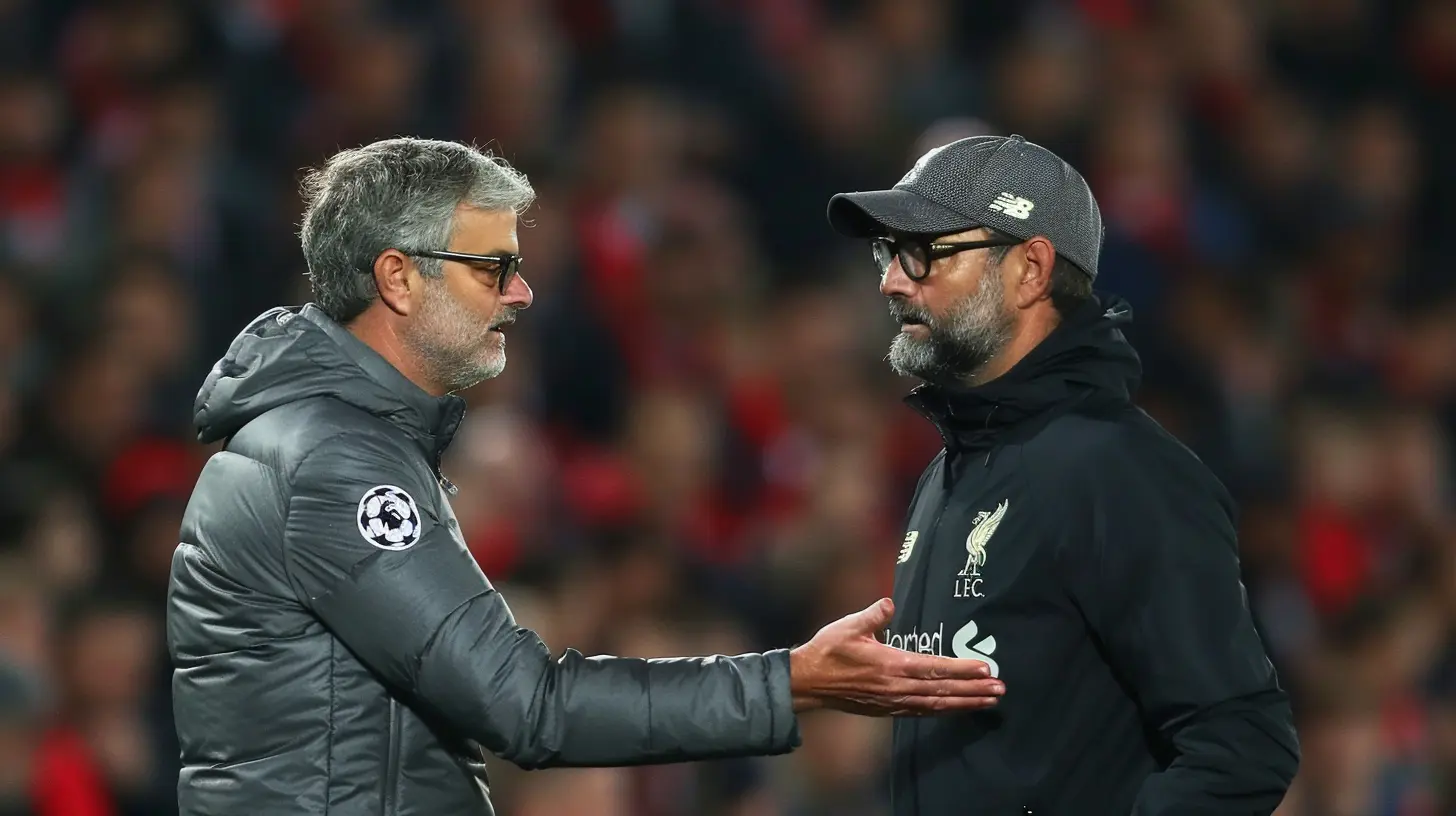
New Manager, New Vision
One of the most immediate and obvious impacts of a managerial change is the shift in footballing philosophy. Every manager brings their own unique style, system, and demands to the table, and more often than not, the existing squad might not fit that mold.Take, for instance, a club with a defensive-minded coach who has built a team around a solid backline and counter-attacking football. Now, imagine that same club appoints a new manager who prefers an attacking, possession-based style of play. Suddenly, players who were key under the old regime may no longer be in the club's future plans. The new manager may look to bring in players better suited to their philosophy—whether it's signing more creative midfielders, wingers with pace, or a striker who can press high up the pitch.
This shift in vision can lead to a domino effect in the transfer market. The club might offload players who don’t fit the new system, while actively pursuing targets that align with the new manager’s tactics. The result? A flurry of transfer activity, both ins and outs, driven by the manager’s new blueprint.
Case Study: Pep Guardiola at Manchester City
When Pep Guardiola arrived at Manchester City in 2016, he came with a clear vision of how he wanted his team to play. His focus on high pressing, ball retention, and positional play demanded specific player attributes—especially in defense. As a result, City spent heavily in the transfer market, bringing in players like John Stones, Kyle Walker, and Ederson to fit Guardiola’s system. At the same time, players who didn’t quite fit the mold, such as Joe Hart, were shown the door.Guardiola’s arrival didn’t just change the team’s tactical approach; it completely reshaped City’s transfer strategy, making it clear that the manager’s vision often dictates the club's moves in the market.
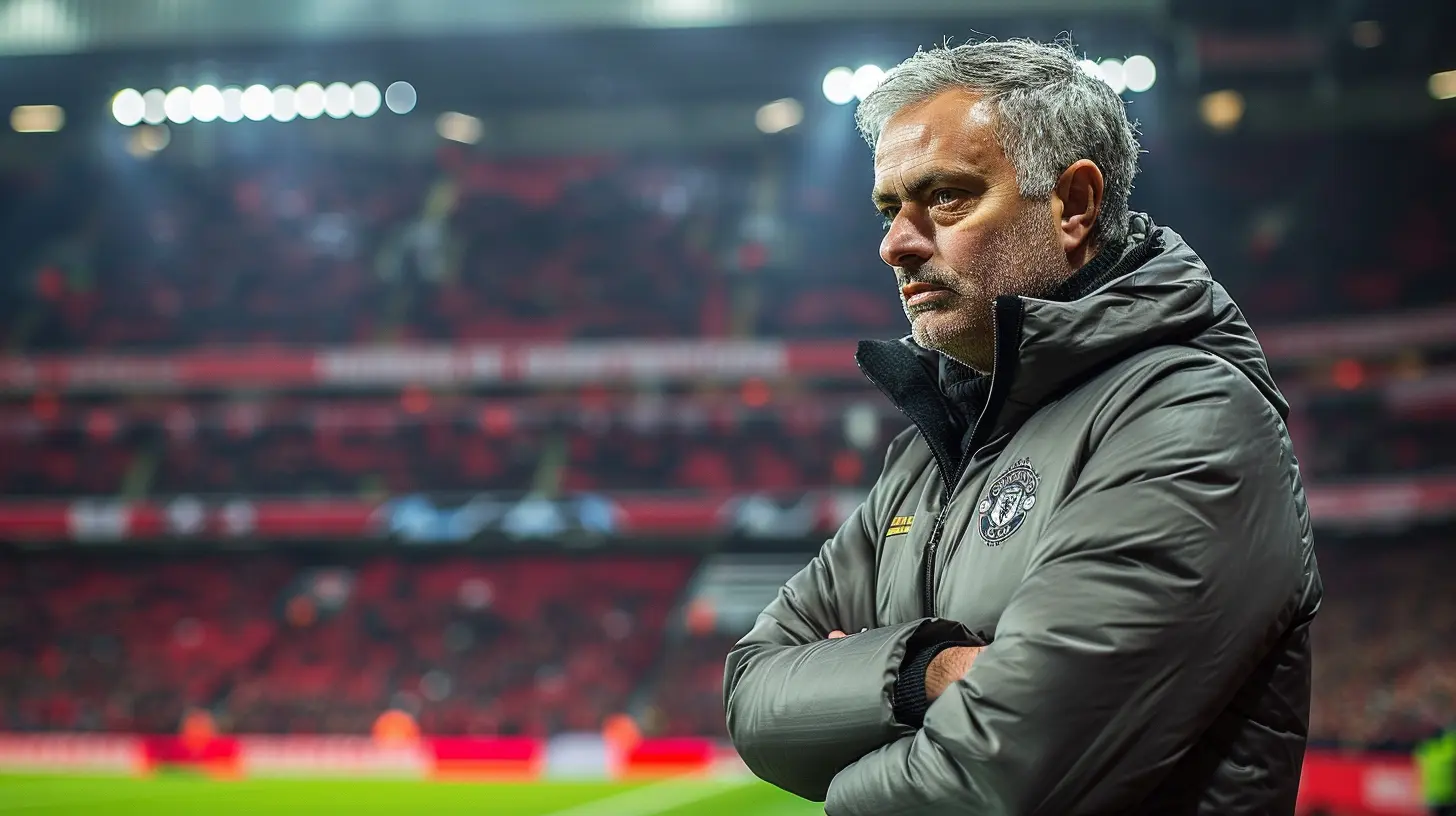
Player Preferences and Relationships
If you’ve followed football long enough, you’ve probably noticed that certain managers have their "favorites"—players they trust and know well. When a manager switches clubs, it’s not uncommon for them to try and bring along players they’ve worked with before. This is particularly common with managers who have had success with specific players at previous clubs.Why does this happen? Simple. Managers want players they can rely on. Football, after all, is a high-pressure game, and managing a new club can come with its own set of challenges. A manager, especially in the early days of their tenure, might feel more comfortable working with players they know inside out. This familiarity helps ease the transition and ensures the manager has at least a few players who understand their style and expectations.
Example: Mourinho and Matic
One of the best examples of this is José Mourinho’s relationship with Nemanja Matic. The Portuguese manager signed Matic twice—first at Chelsea and later at Manchester United. Matic’s ability to shield the defense and dictate play from deep was something Mourinho valued highly, and when he switched to United, he wanted to replicate the same tactical setup. By bringing Matic along, Mourinho ensured he had a key player who understood his system and could help other teammates adapt.In this way, managerial changes don’t just affect which players come and go; they can also bring about reunions, with managers seeking to reassemble their trusted lieutenants.
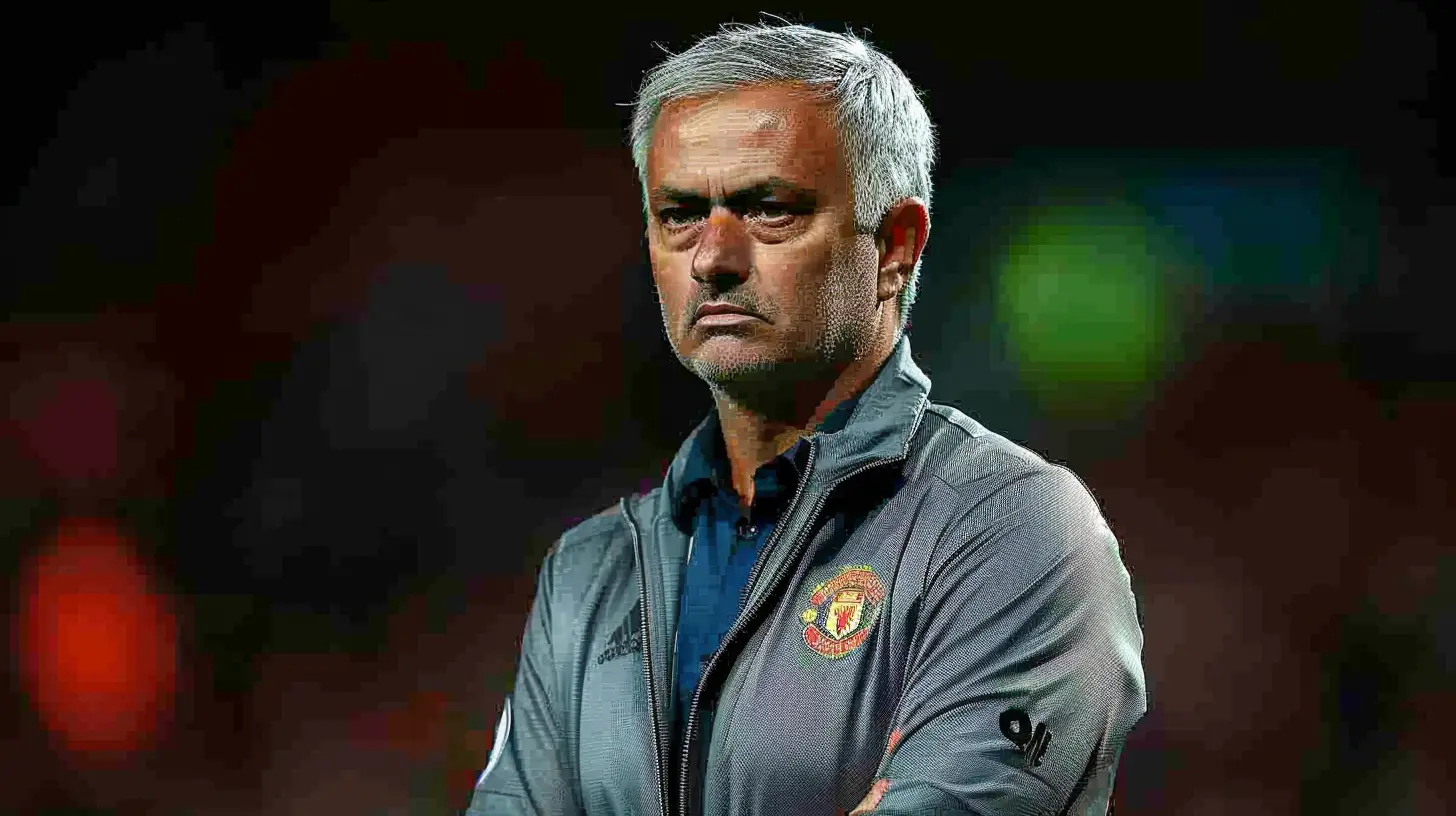
Financial Realities: Balancing the Books
Not every club has deep pockets like Manchester City or Paris Saint-Germain. For many clubs, a managerial change can lead to a reassessment of financial priorities. Some managers are hired with the explicit goal of rebuilding a squad on a budget, while others might be brought in to maximize the value of the players already at the club.For instance, a new manager might be tasked with offloading high-earning players who are no longer deemed essential. This can happen for a variety of reasons—perhaps the club is looking to trim the wage bill, or maybe the manager wants to free up funds for new signings. In either case, the new manager’s arrival can lead to a shift in the club’s transfer policy, with an emphasis on selling players to balance the books.
Example: Tottenham Hotspur and Antonio Conte
Take Tottenham Hotspur, for example. When Antonio Conte was brought in, it wasn’t just about tactical changes—it was also about reshaping the squad. Conte is known for his demanding style of play and often requires significant investment in the transfer market. For Spurs, this meant that some players, like Dele Alli and Tanguy Ndombele, were deemed surplus to requirements and eventually moved on. At the same time, Conte was able to push for the signings of players like Rodrigo Bentancur and Dejan Kulusevski to fit his system.Here, we see how managerial changes can lead to shifts in financial strategy, with clubs selling players not just for tactical reasons but also to free up funds for new additions.

Long-Term vs. Short-Term Thinking
Another key factor that influences transfer strategies during managerial changes is the club's long-term vision. Some managers are hired to bring immediate success, while others may be brought in to build a project over several years. The club's timeframe can significantly impact its transfer strategy.A manager who is brought in for a short-term fix may prioritize experienced players who can deliver results immediately. Younger, less proven players might be pushed to the side in favor of veterans who can handle the pressure of getting quick wins. On the other hand, a manager with a long-term vision may prioritize signing younger players with potential, even if it means waiting a few years for them to hit their peak.
Example: Ole Gunnar Solskjaer at Manchester United
Ole Gunnar Solskjaer’s time at Manchester United is a great example of a manager with a long-term vision. Solskjaer often spoke about rebuilding the club in the "United way," focusing on young, hungry players who could develop over time. This led to United signing players like Jadon Sancho, Aaron Wan-Bissaka, and Harry Maguire—players who were seen as long-term investments.However, when Solskjaer was replaced by Ralf Rangnick, who was brought in as an interim manager, the focus shifted slightly. Rangnick, knowing his time at the club was short, focused more on stabilizing the team rather than planning for the future. This highlights how managerial changes can also affect the timeline of transfer strategies, with short-term fixes often taking precedence over long-term planning.
The Role of Sporting Directors
In modern football, it’s not just the managers who have a say in transfers. Many clubs now employ sporting directors or technical directors whose job is to oversee the club’s transfer strategy. This can create an interesting dynamic when a new manager arrives, as the sporting director’s vision may not always align with that of the manager.In some cases, this can lead to friction. A manager might want to sign a particular player, but the sporting director may have other ideas. However, in well-run clubs, the sporting director and manager work together to create a cohesive transfer strategy that benefits the team in the short and long term.
Example: Liverpool and Jurgen Klopp
At Liverpool, Jurgen Klopp has worked closely with sporting director Michael Edwards to ensure that the club’s transfer strategy aligns with Klopp’s vision. The result has been a series of successful signings, including Mohamed Salah, Virgil van Dijk, and Alisson Becker, all of whom have played a key role in Liverpool’s recent success.This shows that while a managerial change can significantly impact transfer strategies, the presence of a strong sporting director can help ensure continuity and stability, even during periods of managerial upheaval.
Conclusion: The Ripple Effect of Managerial Changes
In conclusion, managerial changes can send shockwaves through a football club, and nowhere is this more evident than in the transfer market. From shifting tactical philosophies to reuniting with trusted players, and from balancing the books to altering long-term plans, a new manager can completely transform a club’s approach to transfers.For fans, this can be both exciting and nerve-wracking. Will the new manager bring in the right players? Will they offload a fan favorite? Football, as always, is unpredictable, and managerial changes only add to the drama.
But one thing’s for sure: when a new manager walks through the door, the transfer strategy is never far behind.
all images in this post were generated using AI tools
Category:
Transfer NewsAuthor:

Onyx Frye
Discussion
rate this article
17 comments
Susan Pratt
Strategy shifts, uncertain outcomes.
February 11, 2025 at 7:31 PM

Onyx Frye
Indeed, managerial changes often lead to strategic realignments, which can create both opportunities and unpredictability in outcomes.
Stephanie McCarty
This article provides a valuable perspective on how managerial changes can significantly reshape transfer strategies. It's intriguing to see how new leadership can alter a club's vision and priorities, affecting both player acquisitions and team dynamics. These shifts often reveal deeper insights into the club’s long-term goals and ambitions.
February 1, 2025 at 7:49 PM

Onyx Frye
Thank you for your thoughtful comment! I’m glad you found the article insightful regarding the influence of managerial changes on transfer strategies and club dynamics.
Troy Fletcher
Great article! It’s fascinating to see how managerial changes can dramatically shift a club's transfer strategy. This insight into decision-making processes highlights the intricate connections between leadership and team dynamics. Looking forward to more discussions on how these changes affect player performances and long-term success!
February 1, 2025 at 12:13 PM

Onyx Frye
Thank you for your thoughtful comment! I'm glad you found the article insightful. I look forward to exploring these connections further in future discussions.
Anika Cummings
New managers, new vibes! Transfers can really shake things up!
January 31, 2025 at 12:17 PM

Onyx Frye
Absolutely! New managers often bring fresh perspectives and priorities, which can lead to exciting transfer activities that reshape team dynamics.
Paula Cain
Managerial shake-ups are like tossing a salad: sometimes you get a delightful mix, other times just wilted lettuce! Let’s hope for some zesty transfers rather than soggy trades. Who knew football could resemble a culinary experiment? Pass the dressing, please!" 🥗⚽️
January 30, 2025 at 9:28 PM

Onyx Frye
Absolutely! Just like a good salad, the right managerial changes can bring fresh talent and new strategies to the team. Here’s hoping for vibrant transfers! 🥗⚽️
Cruz Bennett
Great insights! Exploring how managerial changes influence transfer strategies truly highlights the interconnectedness of leadership and team dynamics in sports.
January 30, 2025 at 1:05 PM

Onyx Frye
Thank you! I'm glad you found the insights valuable. Understanding this interconnectedness is crucial for analyzing team performance and success in sports.
Devin McMaster
Intriguing topic! I wonder how different managerial philosophies influence transfer strategies and whether certain styles consistently yield better results. Have any clubs notably excelled after such changes?
January 30, 2025 at 6:05 AM

Onyx Frye
Thank you! Indeed, managerial philosophies can significantly impact transfer strategies. Clubs like Liverpool under Jürgen Klopp and Manchester City under Pep Guardiola have excelled after adopting specific managerial approaches, often leading to successful transfer decisions and improved performance.
Andrew Warner
Change often disrupts established plans.
January 29, 2025 at 4:50 AM

Onyx Frye
While change can disrupt established plans, it also presents opportunities to innovate and adapt transfer strategies for better outcomes.
Emma Lane
Great insights on how managerial shifts reshape transfer strategies! It’s fascinating to see how new leadership can influence player acquisitions and overall team dynamics. Excited for the upcoming changes!
January 28, 2025 at 5:34 AM

Onyx Frye
Thank you! I'm glad you found it insightful. Managerial changes definitely play a pivotal role in shaping transfer strategies and team dynamics. Exciting times ahead!
Trinity Mason
Managerial changes often reshape transfer strategies significantly, influencing player acquisitions and sales to align with the new coach's vision and tactical approach.
January 27, 2025 at 3:53 AM

Onyx Frye
Absolutely, managerial changes can indeed lead to a pivotal shift in transfer strategies, as new coaches often bring distinct philosophies and player preferences that shape their squads.
Thalwen Wade
Great insights! It’s fascinating how a new manager can reshape transfer strategies—like a fresh pair of glasses for a team’s vision!
January 26, 2025 at 12:28 PM

Onyx Frye
Thank you! I'm glad you found it insightful. A new manager can indeed bring a transformative perspective to a team's approach to transfers.
Trinity Henderson
This article insightfully explores how managerial changes can reshape transfer strategies, highlighting the delicate balance between a manager’s vision and club dynamics. It would be interesting to see real-world examples that illustrate these shifts and their long-term effects on team performance.
January 26, 2025 at 5:22 AM

Onyx Frye
Thank you for your feedback! I appreciate your interest in real-world examples; I will consider including case studies in future discussions to highlight these dynamics further.
Mandy McWilliams
Oh, because nothing says “strategic genius” like swapping managers and hoping for a miracle in the transfer market! Clearly, tossing darts at a board of player names is the secret to success. Who needs stability when you can have a revolving door of chaos?
January 25, 2025 at 8:21 PM

Onyx Frye
Your point highlights the uncertainty in our current approach, but strategic decisions can lead to growth, even amidst chaos. Stability is important, yet adaptability is crucial in today’s football landscape.
Roxie Yates
New manager, new goodies!
January 25, 2025 at 1:06 PM

Onyx Frye
Thank you! New leadership can indeed bring fresh perspectives and exciting opportunities in transfer strategies.
Tala Newton
Managers play chess; transfers are just pawns moving!
January 25, 2025 at 4:45 AM

Onyx Frye
That's an interesting analogy! Managers definitely strategize like chess players, with transfers as key moves to build a successful team.
Amelia Wallace
Great insights! Managers truly shape transfer dynamics effectively.
January 24, 2025 at 8:47 PM

Onyx Frye
Thank you! I'm glad you found the insights valuable—managers play a crucial role in shaping effective transfer strategies.
Solara Mitchell
Embracing change can spark new opportunities! A fresh managerial perspective can elevate a team's transfer strategy, igniting passion and potential for success on and off the field.
January 24, 2025 at 2:02 PM

Onyx Frye
Absolutely! Embracing change not only revitalizes team dynamics but also opens doors to innovative transfer strategies that can drive success both on and off the field.
MORE POSTS

How to Overcome Fear and Anxiety in Big Waves

The Science of Football Fitness and Endurance Training
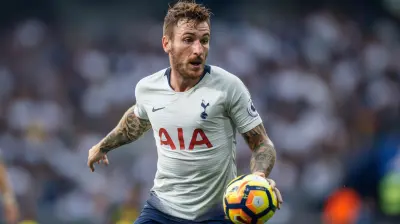
Transfer Targets Who Could Revive Struggling Clubs

Kiteboarding: Harnessing the Wind and Waves for an Unforgettable Ride

Team Bonding: Unique Ideas for Strengthening Connections
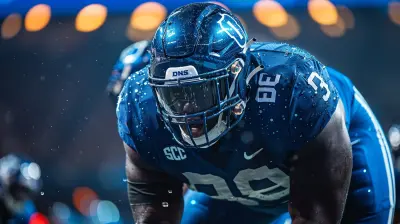
Why Defensive Linemen Are the Most Coveted Draft Prospects
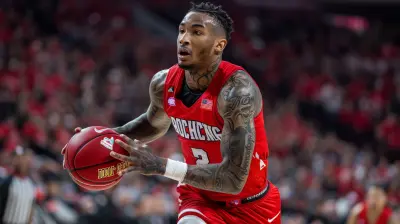
Underrated Draft Steals That Could Become Game-Changers

Enduro Motorcycling: Racing Through the World’s Toughest Terrains

How to Conduct Meaningful End-of-Season Reviews

The Economics of Hosting the Olympics: Is It Worth It?
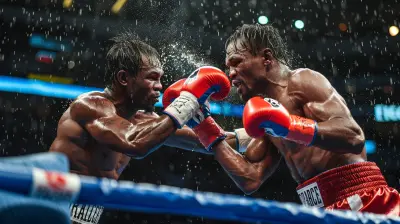
Punching Power vs. Precision: Which Matters More?